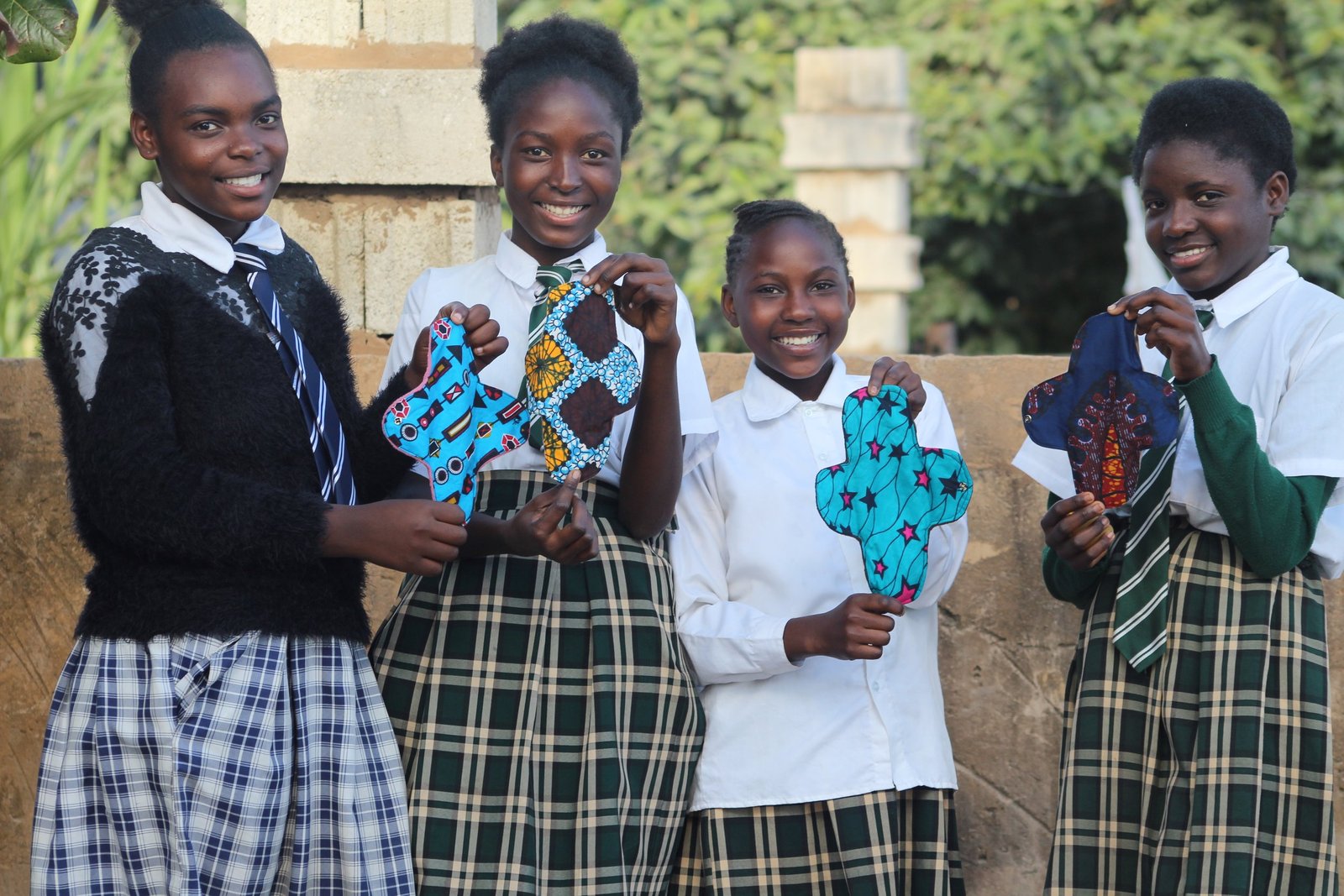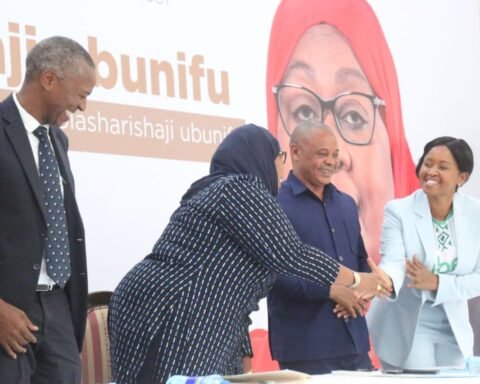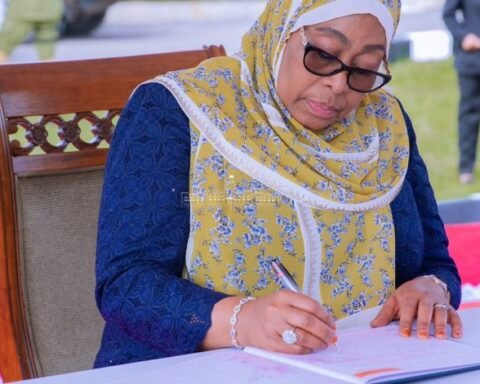The Government of Tanzania has unveiled the 2025 National Guidelines on Menstrual Health and Hygiene.
The move seeks to dismantle the longstanding stigma around menstruation and promote dignity for girls and women across the country.
Announced on May 28 — a date recognised globally as Menstrual Hygiene Day — the new guidelines require all primary and secondary schools to set up safe and private spaces for girls to manage menstruation. These efforts extend to public institutions such as markets, bus terminals, and government offices — ensuring comprehensive access to menstrual health support.
Crucially, the policy mandates government-funded sanitary pads for schools, helping reduce the impact of period poverty. Period poverty — the inability to afford menstrual products — has forced many girls to miss school or drop out entirely.
The move follows a complex legislative history. While Value-Added Tax (VAT) on sanitary pads was scrapped in 2018, the exemption was reversed in 2019 after it became evident that retailers were not passing cost reductions to consumers. The result left millions of women still facing high prices for a basic health necessity.
Speaking during the launch, Dr Otilia Gowele, the Acting Director of Prevention at the Ministry of Health, addressed harmful cultural perceptions.
“Some people still view menstruation as a curse,” she said. “But it’s a normal biological process, and no girl should suffer shame or fall behind because of it.”
Also Read; Elon Musk Officially Leaves Trump Government Role
This new direction aligns Tanzania with broader Sustainable Development Goals (SDGs), particularly:
It also echoes commitments within the Global Strategy for Women’s, Children’s and Adolescents’ Health (2016–2030) led by the World Health Organization (WHO).
Menstrual health advocates welcomed the announcement but stressed the importance of implementation, particularly in rural areas where access to water, hygiene products, and private facilities remains scarce.
“Policies are a great start, but without practical roll-out and monitoring, many girls will remain left behind,” said a local campaigner from UNFPA Tanzania.
The new guidelines represent a bold vision where no girl is denied education, dignity, or health because of her period.







